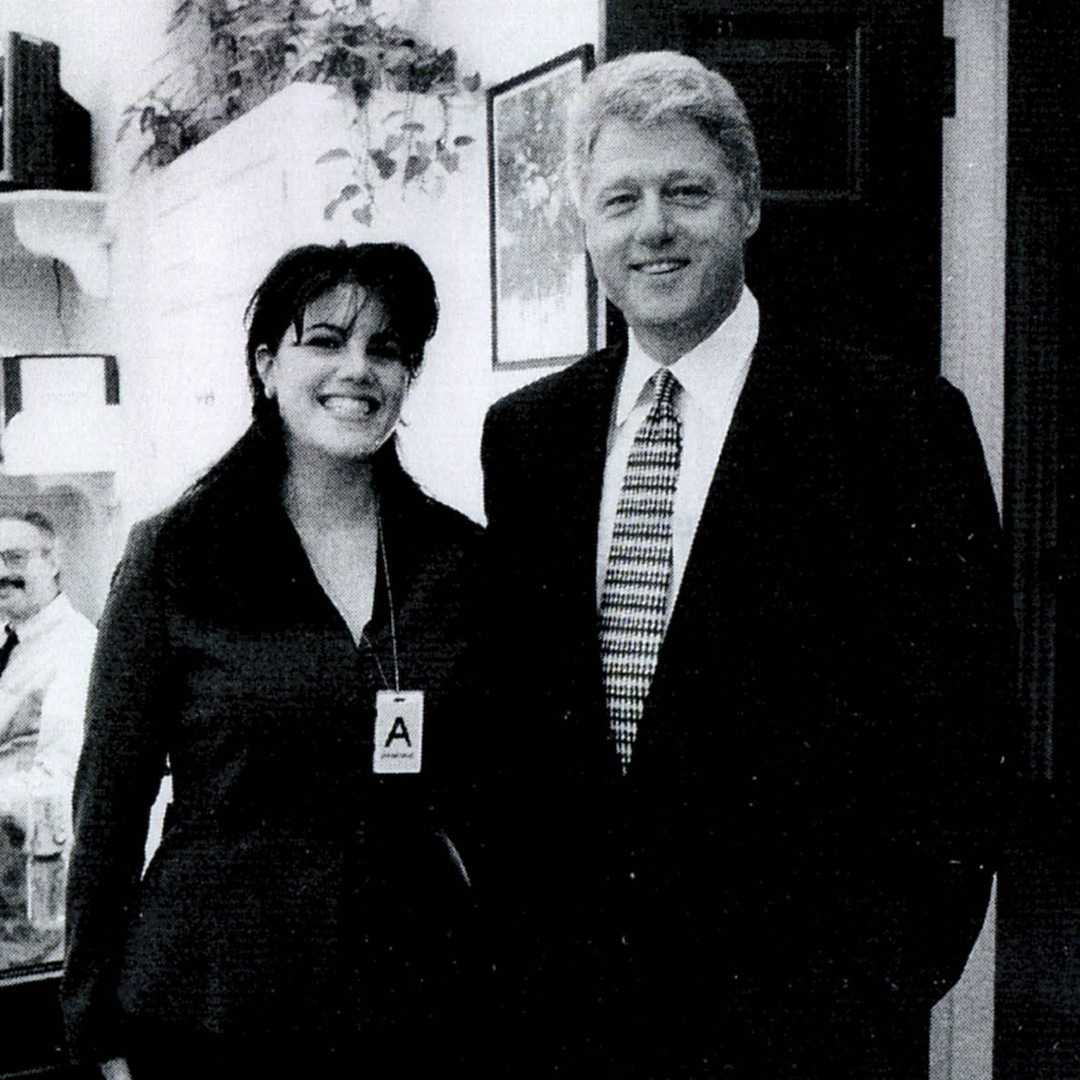“Sure, my boss took advantage of me, but I will always remain firm on this point: it was a consensual relationship,” she wrote. “Any ‘abuse’ came in the aftermath, when I was made a scapegoat in order to protect his powerful position.”
Reflecting on those words in a 2018 Vanity Fair piece, “I now see how problematic it was that the two of us even got to a place where there was a question of consent. Instead, the road that led there was littered with inappropriate abuse of authority, station, and privilege. (Full stop.)
“Now, at 44, I’m beginning (just beginning) to consider the implications of the power differentials that were so vast between a president and a White House intern. I’m beginning to entertain the notion that in such a circumstance the idea of consent might well be rendered moot.”
She did not, however, disavow her own agency, maintaining that in her decision-making moments, she wanted what happened sexually between her and Clinton to happen. It’s just that the fact that it happened at all was also evidence of the age-old discrepancy between what’s right and what’s so unfortunately common.
So, take all of that—the abuse of power, the betrayal, the scapegoating, the gaslighting, the humiliation and psychological abuse, the media hysteria and, yes, the two articles of impeachment filed against President William Jefferson Clinton—and you’ve got an American crime story.
